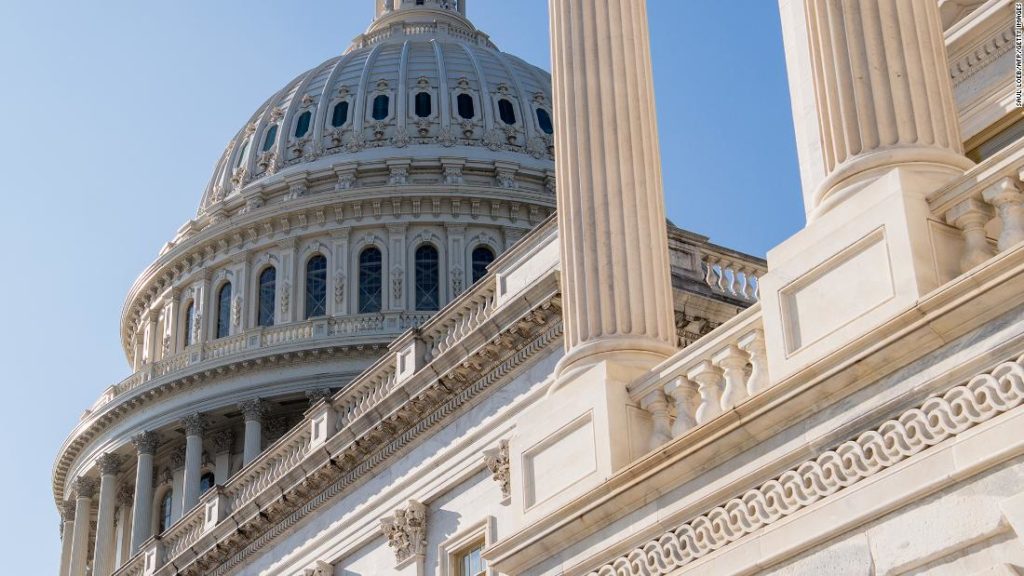
Even more companies are reviewing their political contributions and putting donations to both parties on hold. Many of their press releases frame the move as a defense of democracy and a commitment to their values.
“It’s not a hard call for them,” says Tony Fratto, who served in the George W. Bush Treasury Department and now advises companies. “This is meaningful. These companies are saying we are not going to be there for you because your actions crossed this particular line — aid and comfort to an effort to overthrow an election.”
Taken together, Corporate America has done more in the past 48 hours than in five years of the Trump campaign and presidency.
“It’s long overdue, but better late than never,” says Greg Valliere, chief US strategist for AGF Investments.
Democrats take control
This corporate virtue signaling comes, conveniently, as the Democrats take control of both chambers of Congress and the White House — and the wheel on regulation. Everything from corporate tax hikes, infrastructure and trade policy is on the table. Not giving money to Republicans is arguably a donation-in-kind to the party now in power.
“Whether companies are doing this because they are disgusted with the politicians or because they think their customers, employees, and investors are, that’s exactly how markets are supposed to work,” says corporate governance expert Nell Minow.
“Of course they want to be on the winning side,” Valliere says. “But I think there’s almost a sense of shame over getting in bed with Trump. If business wants to take a shower and cleanse themselves, I’ll happily focus on this change of attitude rather than any self-serving motives.”
Self-serving, yes, but also unavoidable.
“I understand why people want to have a cynical view of this.” says Fratto. “That doesn’t give enough credit to just how disturbing events were last week.” He notes the people who make these political decisions for business PACS were horrified by the sights of Congress and democracy under siege.
“Their heads of government relations walked those halls and worked in those halls. There is pretty deep-seated anger over that event.”
Pulling donations from GOP lawmakers no question sends a big message. Money talks in American politics. According to the Center for Responsive Politics, business PACs contributed $360 million in the 2020 cycle, with 57% going to Republicans.
“Corporate political contributions and lobbying expenditures are a massive distorting factor that erodes the credibility of our system of government.,” says governance expert Minow. “This is not the first time corporations have been embarrassed by their support. I hope, however, it is the beginning of more thoughtful and principled and transparent policies in the future.”
You may also like
-
Afghanistan: Civilian casualties hit record high amid US withdrawal, UN says
-
How Taiwan is trying to defend against a cyber ‘World War III’
-
Pandemic travel news this week: Quarantine escapes and airplane disguises
-
Why would anyone trust Brexit Britain again?
-
Black fungus: A second crisis is killing survivors of India’s worst Covid wave

